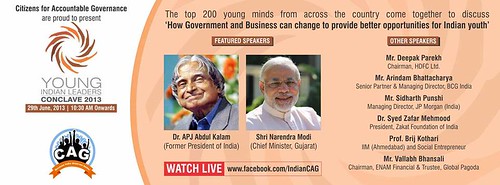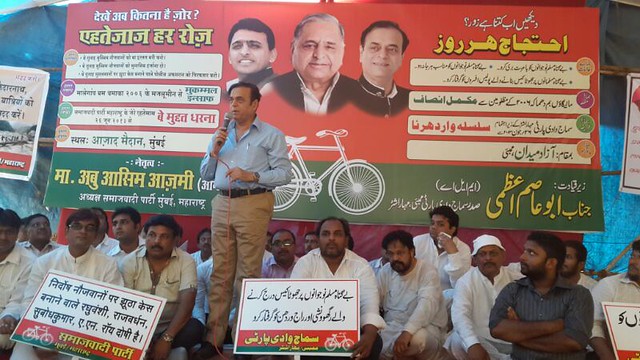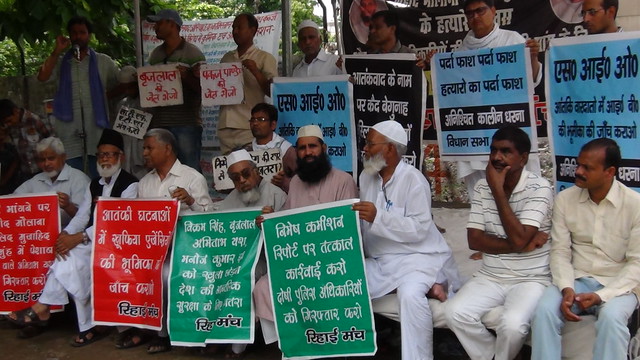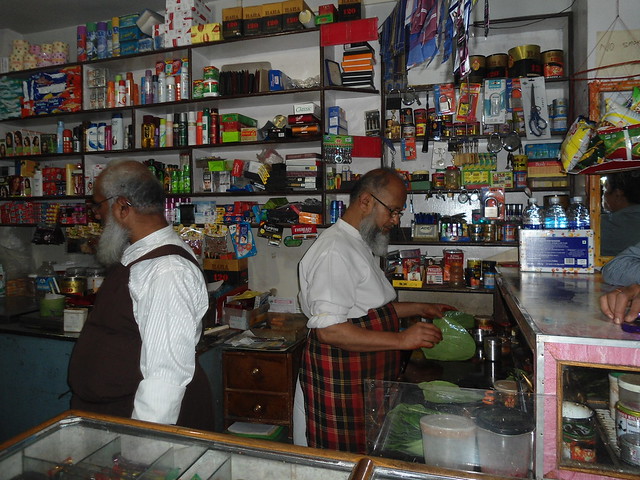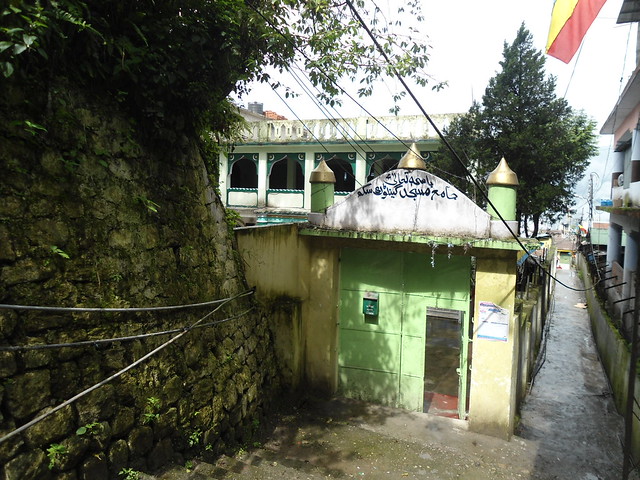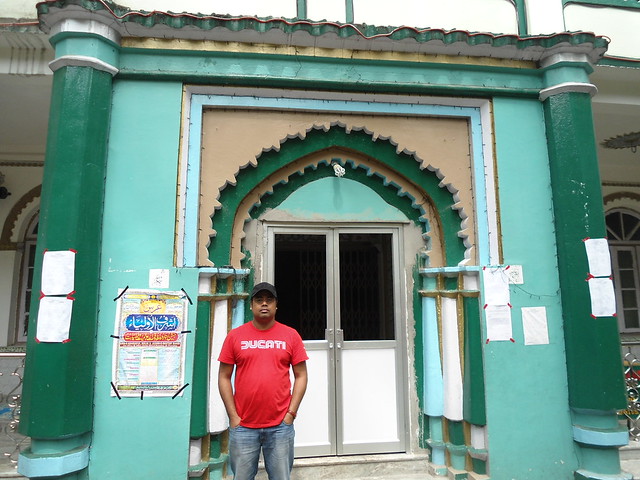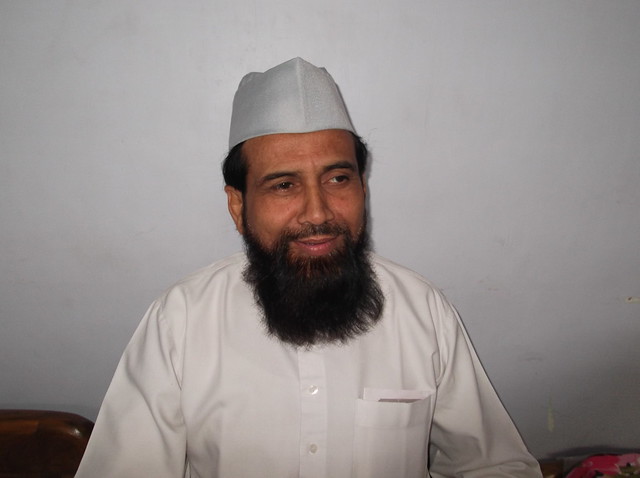We must look into the efforts regarding financial inclusion policy in India as the planning commission also accepted that the financial inclusion is the only way to travel towards inclusive growth to become a global player.
By Tameemuddin Humble,
As the environment of change is taking place across the world where the importance of inclusion, equal opportunity, diversity, democratization and economic justice has gained ground and is against discrimination, stereotype and exclusion. An inclusive society in all respects is becoming a benchmark for a country for its sustained growth.
That is why, in the financial sector, the financial inclusion of the excluded or the marginalized section of our society has become the hot topic of the discourse at global level. The policy makers of the world in this sector are debating the ways and means to achieve the full inclusion. It was taken up first seriously 10 years ago by the then UN Secretary-General, Mr Kofi Annan, and is being much discussed now in India also, particularly in the last five years, to check the high percentage of exclusion by providing the financial services at affordable cost to all the people—particularly the poor or financially weak segment of the society which is almost 50% in India.
For this very specific purpose, several organizations have been formed and working together strategically throughout the world. The Center for Financial Inclusion (CFI) at Accion (global nonprofit microfinance organization) was launched in 2008 to bring about the conditions to achieve the full financial inclusion around the world. In early 2011, the CFI conducted a survey of more than 300 industry experts around the globe and is developing a Roadmap to Financial Inclusion which will be presented at the Financial Inclusion 2020 Global Forum to be held on October 28-30, 2013 in London. The policymakers and central bankers involved in the process from 80 countries have formed a forum—Alliance for Financial Inclusion (AFI) to achieve the inclusion of the 3 billion poor (unbanked) people by 2020. Recently the 4th Annual Asia-Pacific Forum on Financial Inclusion has taken place in Indonesia from 11-12 June 2013 at Batam Island in Indonesia. Last year it was held at Shanghai in China from 25-27 June 2012. It was also given special focus at the Millennium Development Goals Summit 2010 of UN.
This global movement—Financial Inclusion 2020, has also got a generous support of $400,000 from Bill & Melinda Gates Foundation a week ago to expand the outreach to the excluded section of the world.
Based on the expert recommendations, the roadmap, which is being developed for the full inclusion under the project FI2020, focuses on the five basic themes:
• Clients and Products
• Technology
• Financial Capability
• Client Protection
• Credit Reporting
But when one goes through the above five framework set for the full financial inclusion roadmap as mentioned in the survey report—Opportunities and Obstacles to Financial Inclusion, an important aspect of the financial empowerment design seems missing or at least less focused. The ongoing campaign should have given much focus on the strategies of the clients’ entrepreneurial skill promotion for the better and permanent solution which could alleviate poverty from its roots besides achieving the esteemed purpose. The movement should be supported by the strong advocacy of the entrepreneurship among the excluded segments of the population. When we think over how to lower the operating cost and for the purpose ICT (Information and communication Technology) application is explored then at same time the importance of low-cost product availability to the clients should also be given focus with same gravity. We look into the risk factors more than the clients’ creditworthiness. There should be more instruments of poverty reduction than of savings and credits. The financial institution should play not only the role of a lending institution but also of skill training institute.
However the project FI2020 is highly appreciable and must be supported by more and more philanthropists all over the world to get rid of the mother of all problems.
Now we must look into the efforts regarding financial inclusion policy in India as the planning commission also accepted that the financial inclusion is the only way to travel towards inclusive growth to become a global player.
Before looking into the issue in the Indian perspective, we must understand what we mean by the financial inclusion. It is simply the delivery of financial services—Credit, Saving, Insurance, remittance etc. at the affordable costs to the disadvantaged section and the low income segments of society. Dr K C Chakarbarty, RBI Deputy Governor, defined the term as “Financial Inclusion is the process of ensuring access to appropriate financial products and services needed by all sections of the society in general and vulnerable groups such as weaker sections and low income groups in particular at an affordable cost in a fair and transparent manner by mainstream institutional players.” Hence it brings the positive changes to the lives of the served which ultimately lead to the social, political and educational inclusion. It is nothing but to ensure growth with equity.
A majority of India’s financially-excluded sector consists of self-employed small vendors (hawkers), small entrepreneurs in the unorganized sector, urban slum dwellers and migrants. Indian Muslims comprise a vast proportion of this segment. These groups do not have access to bank accounts and formal credit markets so they fall prey to the informal and often exploitative money market and moneylenders as has been exposed in the last three months by the anti-chit-fund drive. The poor need money or credit for their survival. The ‘moneylender’ exploits them by way of its credit policy trapping in a downward spiral which furthers them economically stunted forever.
According to the Reserve Bank of India, only 40% of India’s population has bank accounts; 10% has Life Insurance; 0.6% has Non-Life Insurance; and only 5.2% villages have a bank branch.
Why almost the half of the population of India still lacks the financial services, despite the well sequenced five-year plans for the last sixty years? It means public sector banks failed to cover the majority of Indians.
Though the branch network of the scheduled banks improved significantly in the last few decades but still it is one bank branch per 13000 persons. It was around 8,000 bank branches in 1969 in India and now it is more than one Lac branches spread across the length and breadth of the country. But even this growth of the bank branches in India could not check the problem of the financial exclusion of its half of the population.
However, to fill the gap, the government has given direction to the scheduled banks to allocate at least 25 percent of their branches to be opened in the 6 lakhs villages of India that is to bring every village with a population of over 2000 under the ambit of financial services.
(The issue of financial inclusion must be understood that the excluded persons are those who desire the use of financial services but are denied access to the same. If a person doesn’t want to be included to any financial process, he should not be considered excluded)
But a bank in a village may not solve the problem of the financially exclusive people because the problem needs more focused approach not just the services of savings and credits.
Even this service by a commercial bank in a village, if provided, could fail because its system has failed in providing its services, throughout India, to the marginalised section of the society owing to its pure commercial nature which tends to exclude those persons having no legal identity or unable to provide the required information or KYC data to the institutions. Even if the rural or the general people acquire the required document to open an account in a bank, its low transaction size does not make them creditworthy in the eye of the today’s banking system.
As of now, for a poor, the expenditure involves in going to a bank is more than the cost of the credit owe to the money lenders. Going to a bank involves the cost of travel and documentation and loss of wages, which accumulates up to around 28-29% of the loan. If the banker is willing, then the loan is given after 3 to 4 visits. But if the banker is not interested or not sensitive enough, then the cost might go up to 35%. Hence it becomes more beneficial for a poor to borrow money from moneylenders.
Commercial institutions want good returns, merely 5-10% targets are not sufficient. For a banker, the credit must be a performing asset. The low size transaction can’t yield the desired profit. So, an unbanked person could not be entertained unless the loan product is not designed as fully profit oriented. How can a person could get a loan of Rs. 50,000/, if he does have the security base only for a loan of Rs 10,000/? The average loan which is being provided to a SHG member is around Rs. 6,000.
Sixty five years of experience has revealed that the commercial banks are the institutions for educated and the economically sound people.
Do we need a new kind of bank for the financially excluded people, one that has the legal format to work as a bank but doesn’t have a forbidding structure of a bank?
We need such financial institutions for the 50% population to be included in its ambit that could function in a simple way with the staff members using the local dialect and that should also function like any other shop in the market displaying its products, not as an office which doesn’t go out of the box to consider the clients’ immediate situation. Such institutions could not only reach out to the excluded but lower the cost of operations thus reducing the transaction cost. The poor need catering by the persons who know and do in their fashion not by those who are less informed and untrained.
But if an institution which only provides the financial services to the poor and not focuses the problem with its complexity, it would not solve this complex problem as it is generated through the unavailability of the suitable works for the excluded. The strategists to the problem should also look into the factors of unemployment and the other social, economic, cultural components that come in their way of inclusion.
Thus, it is important to ask, “What should be the nature and structure of the financial institution that will bring inclusion of the poor?”
To fill the existing gap between the formal financial network and the reach of banking to the poor, SHG (self help group) -Bank linkage programme was conceived in 1991.
SHGs became a good tool for the financial inclusion in India whereas a commercial bank has failed to reach out to the poor in its present form. So the SHG-Bank linkage became a hope for the poor’s inclusion and more so because the profitability of a bank branch got improved considerably from this linkage. That is why the policy makers found the SHG-Bank linkage was the best way out, increasing the banker’s credit portfolio. A unit of 300 SHGs in two years will cost them Rs. 15 lakhs and generate a credit portfolio of Rs. 150 lakhs in one year, earning gross annual revenue of Rs. 15 lakhs.
But the success or failure of a SHG heavily depends upon the attitude of the staffs on the ground. The attitudes and perceptions of the SHG organizers are found as if the persons being served are not the productive members of the economy and society. The SHG members need training but the organizers don’t train them fully and only achieve their targets. The bankers often find the groups not credit worthy. In recent years, the SHG movement has witnessed a large dropout rate. The condition has deteriorated rapidly in the last 10 years. The organizers of SHGs have acquired the reputations for cheating, multiple loaning, poaching of each others’ staff, and infiltrating each others’ communities. (Planning Commission Report)
As far as the spread of SHG-Bank linkage in India is concerned it is found that the Southern Region accounted for 48.2 per cent of the total SHGs, while the share of North- Eastern Region was just 3.4 per cent. There is clear evidence of the fact that the SHG movement in India has not spread evenly throughout India. In this context, it would be pertinent to see whether the programme has adequately made inroads into the regions where concentration of poverty is higher. It has been reported that SHGs not getting loan from the bank even after more than one year of its formation and group activities. (NCAER Report)
There is also a contributing hindrance in this model of financial inclusion that the organisers expect the program to be profitable in its very first year. We need services for the inclusive finance by the institutions that don’t work under pressure to earn profit as much as possible. As a result, it expects its clients to comply with a variety of norms and regulations and run the risk of excluding many of those who most deserve their services.
The eventual goal should be of mutually beneficial collaboration between financial institutions and the needy persons.
So the complete solution to the problem of financial exclusion of the marginalized sections of our society irrespective of cast, creed and religion may actually lay in the anti-poverty programs with the interest free financial services because of its low cost transaction along with the care of client’s creditworthiness. Some institutions registered in India for the purpose under “Multi-State Cooperative Societies Act, 2002” are successful in dealing with the interest free products for the last 10 years and are yielding the profit also.
Given the vast exclusion of the people who is not involved in any economic activity and is not able to bear the cost of the existing financial system, our financial services need its paradigm shift from the strong profit-oriented to the cost based services. The profit oriented services exclude the unproductive segment and the group who is unable to give the sufficient margin and has more risk factors.
Without taking care of all the segments of the society as per their needs, we can’t build an inclusive society. It is a fact that all people have the ability to earn at their own given competencies and in their own specific ways. And there should be nothing which needs to be followed strictly by a person in order to fit that person into the system. It is the financial system as a whole that needs to be changed in order to meet the individual needs of all.
The financial services itself should be conducive enough to attract the people who are lying out of its ambit. It would happen only if the institution is risk sharing, partnership in profit and loss and encourages entrepreneurship.
The issue of the financial inclusion must be addressed by the holistic approach to the problem, creating the opportunities to work, not just facilitating the credit services to the needy. The important challenge is to develop an environment of work culture and one who starts to generate income could be able to save and only then the role of financial institution comes into being and thus includes the excluded into the ambit of financial services.
The growth of a nation depends upon savings, productive investment, entrepreneurial culture and the human capital. All these things are inter-related and impact upon each other. Unless there is income, no progress can be seen in the way of Financial Inclusion. So, the marginalized segment of the society should be shown the way of entrepreneurial circuit through the help of the cost based finance. The moment we build economic opportunities for all, the full financial inclusion begins to be a reality.
(Tameemuddin Humble is the Secretary of Movement for Economic Society, Gaya, Bihar, and can be contacted attdhumble@yahoo.com)

